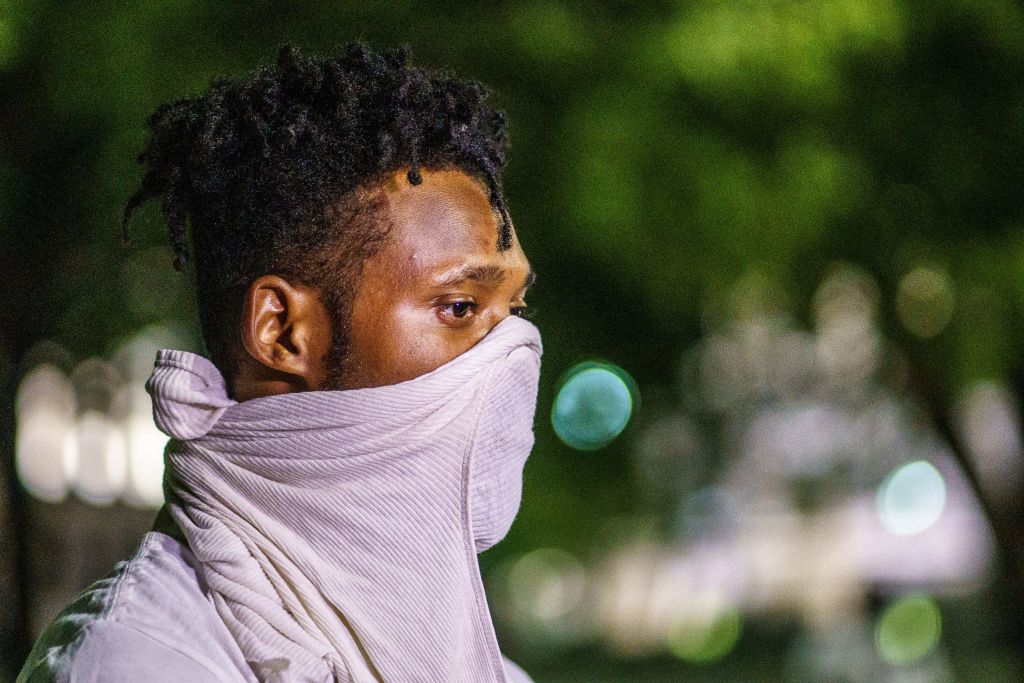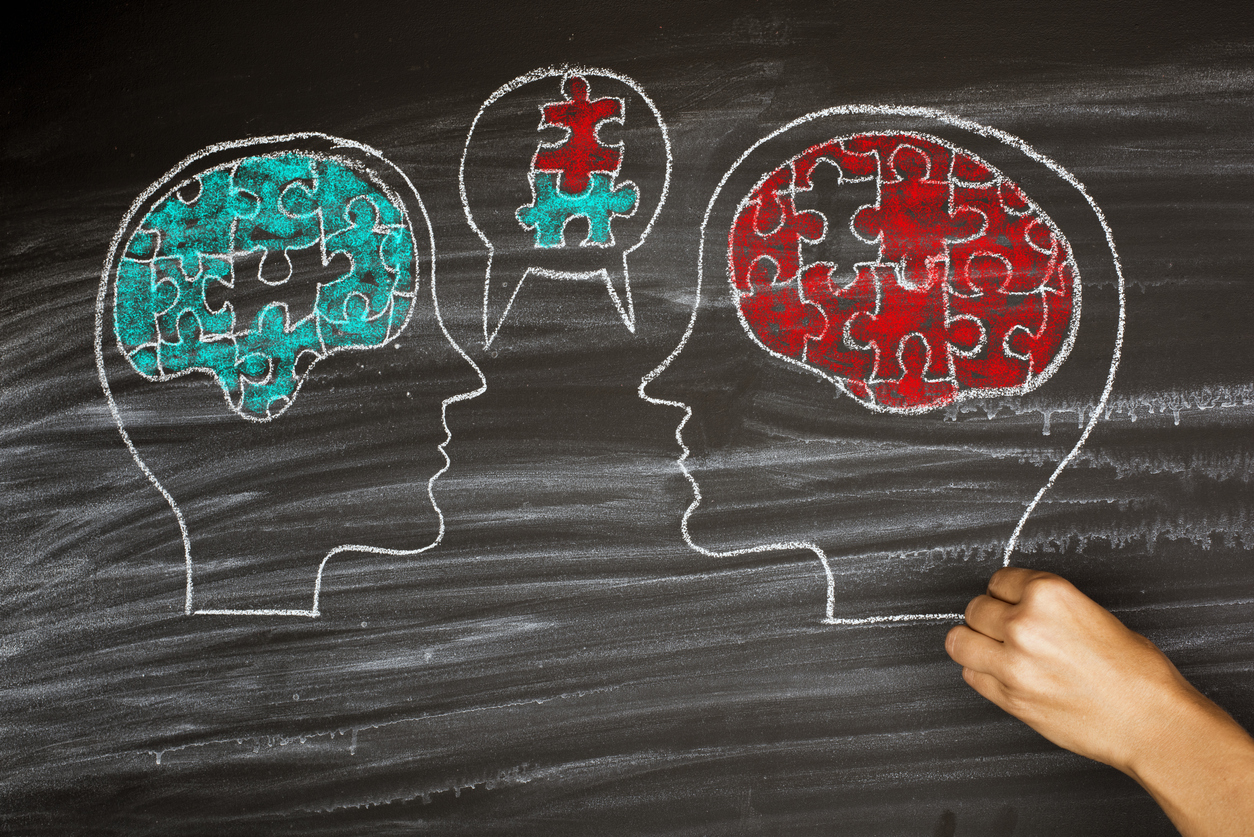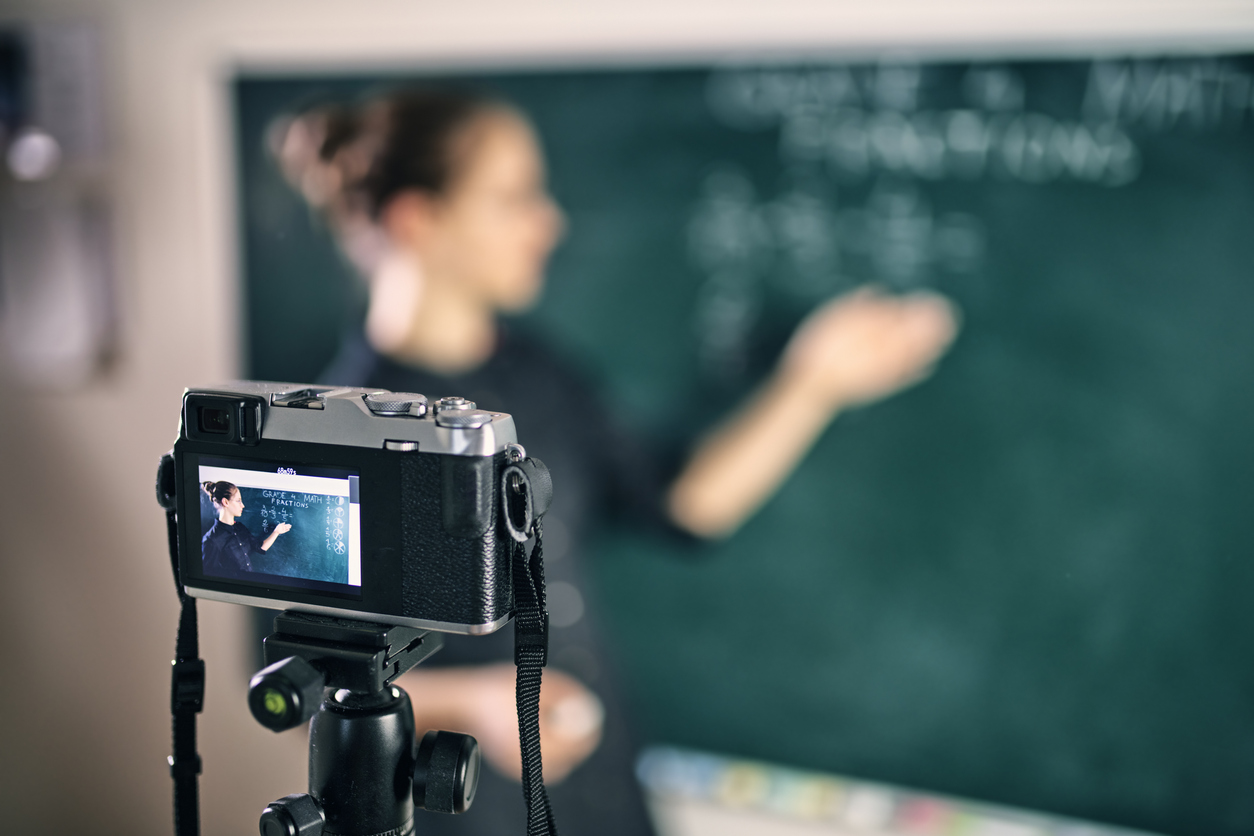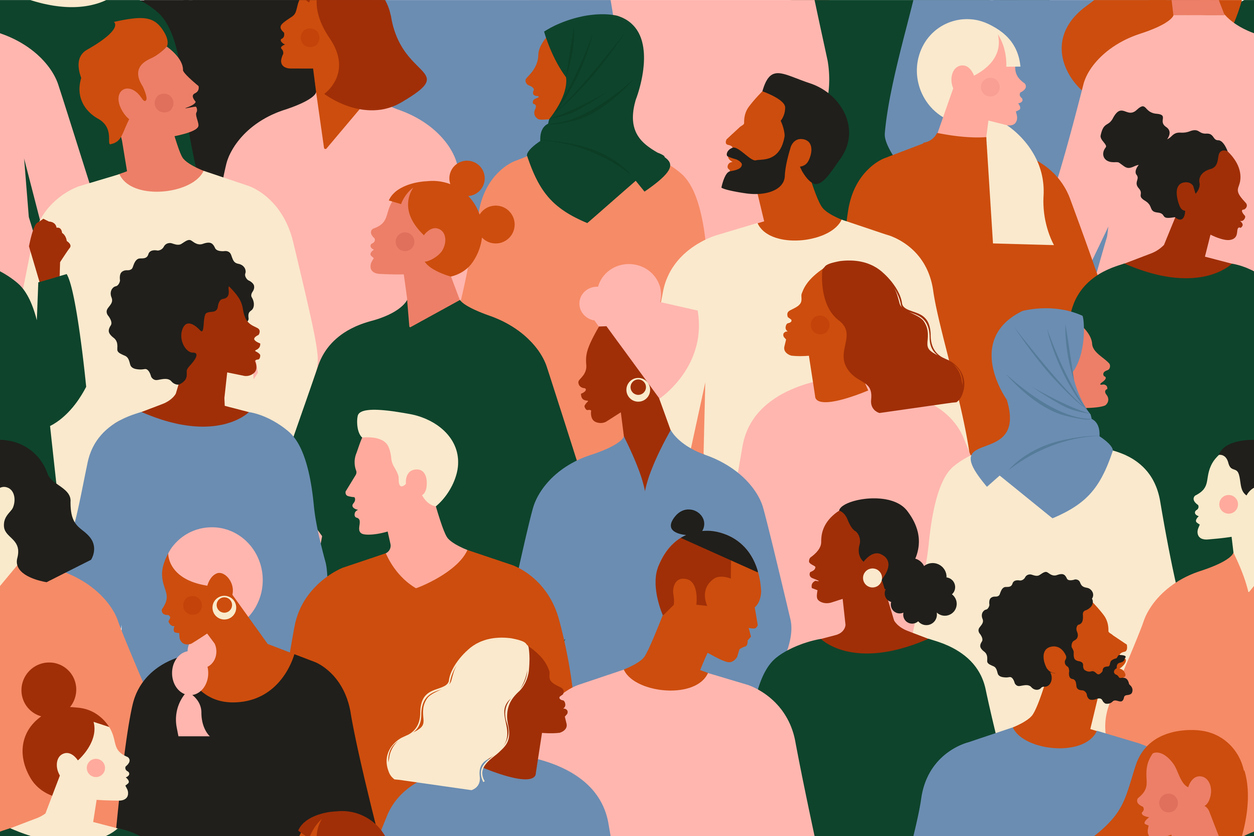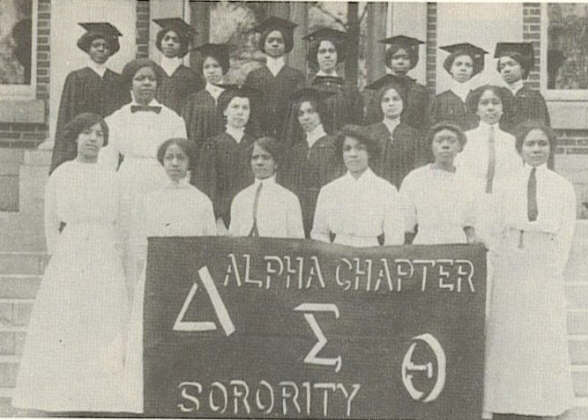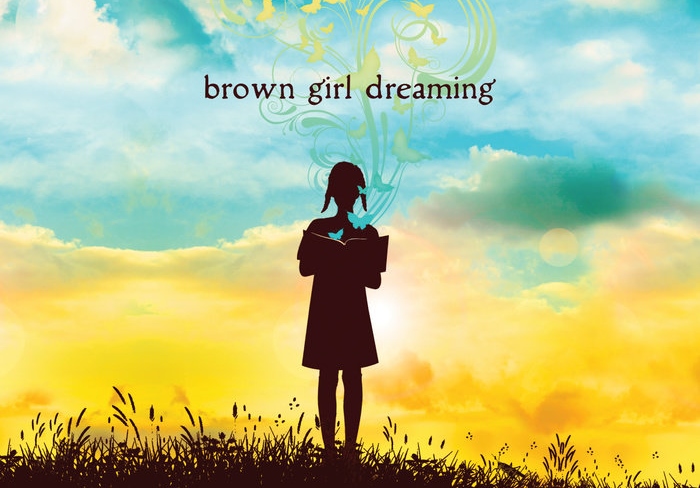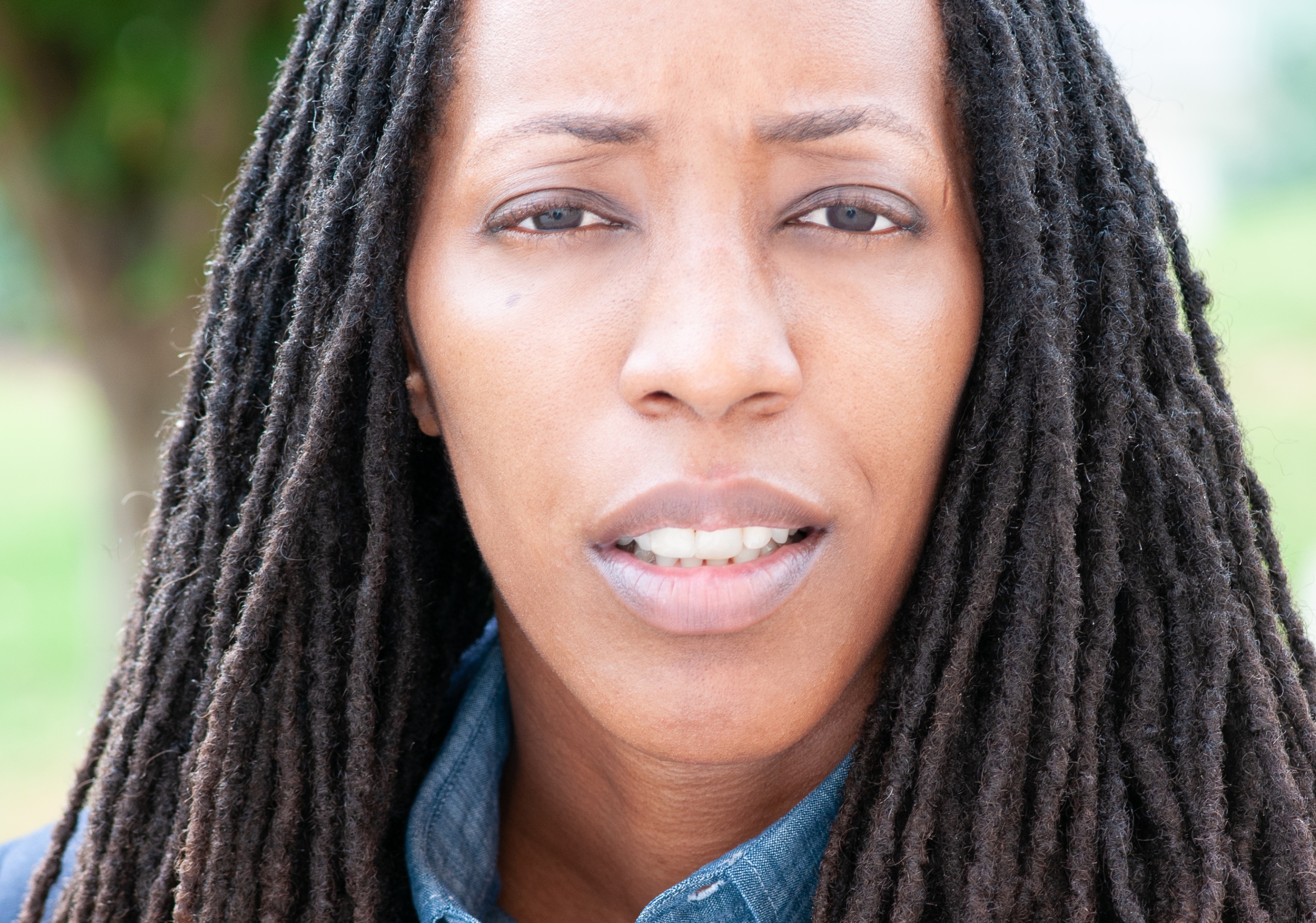“We are tired of the killings and injustice.” What can be clearer? What can be more reasonable? Those are the words of George Hill of the Milwaukee Bucks when asked why he and his teammates decided to boycott their scheduled NBA Playoff Game on Wednesday. These are young men deciding to walk away from not just the game they love but also from their livelihood. Many of these young men are fulfilling a lifelong dream of playing professional basketball. But they, like countless others, are tired of the killings and the injustice. It’s reasonable to expect that after all the media attention, protests, conversations, tears, sweat, and countless organizations claiming a renewed commitment to racial justice that one would give serious pause to shooting a Black man in the back. Yet here we are again. 29-year-old Jacob Blake was shot in the back seven times by police officers while entering the driver’s side of a vehicle with his children in the back seat. Thank you, Milwaukee Bucks, for not playing, for not defaulting to business as usual. There is a lot in our country to disagree about, but it’s hard to imagine how anyone cannot be tired of the killings and injustice. This has to be bipartisan, one cannot say that there are two sides to these senseless and too often lethal shootings.
How do we talk about issues that matter? The exchange of ideas, perspectives and arguments is essential to democracy and humane societies. As philosopher Hannah Arendt argued in Men in Dark Times,
Topics: civil discourse
In three parallel interviews, I had the opportunity to speak with three Facing History educators from middle and high schools located on the East Coast of the United States. They range in experience level from new to veteran and work in schools large and small. Each is planning to return to work this fall in a hybrid format in which they will deliver some instruction remotely and the rest in person in a classroom. Plans to implement hybrid modes of instruction have been provoking immense questions, concerns, and even expansive visions for the future of education beyond the COVID-19 pandemic. Learn how each of these educators is navigating the return to school below:
Topics: Back-To-School, Online Learning
It may seem like the world’s greatest understatement to observe that much has happened since schools shuttered and moved online in early 2020. Our communities have weathered (and continue to weather) multiple overlapping crises and conflicts, as well as come together in solidarity, support, and resistance. As educators return to the classroom—many through virtual means—there are a great many events to recollect and reflect upon. What follows is a list of some of the themes that we are sitting with from the last several months, as well as links to articles sharing perspectives that educators might consider as they prepare to greet students and colleagues.
Topics: Back-To-School
Facing History Hosts Inaugural Teaching for Equity and Justice Summits
Posted by Rose Sadler on August 20, 2020
This July and August, Facing History hosted our first ever Teaching for Equity and Justice Summits for over 450 educators from across North America. Throughout the summit, educators committed their time and energy in order to engage in deep learning, reflect on their own mindsets and practices, and to hear from scholars like Dr. Bettina Love, Dr. Pedro Noguera, Dr. Scott Seider and Dr. Daren Graves and our Chief Equity and Inclusion Officer, Steve Becton.
Topics: Equity in Education
Women's Suffrage at 100: The Key Role of Black Sororities
Posted by Erika Henderson, Ed.D on August 17, 2020
Tuesday, August 18, 2020 marks the 100th anniversary of the ratification of the 19th Amendment to the U.S. Constitution. This amendment established women's suffrage for the first time, granting white women across the country the right to vote to the exclusion of non-white women. Yet the women's suffrage movement contained many more key players than this outcome suggests. Among them were African American luminaries like Mary Church Terrell and the scores of Black women who joined with her to demand equal rights.
In this interview, I had an opportunity to speak with Dr. Tara White, public historian and Professor of History at Wallace Community College in Selma, Alabama about the lesser-known role of Black sororities in the women’s suffrage movement in the United States. Here we discuss the origins and significance of Black sororities, as well as the continuing relevance of their struggles in the contemporary U.S.
Topics: Black History
Designing Schools for the New Normal: An Interview with Dr. Justin Reich
Posted by Kaitlin Smith on August 12, 2020
In a recent interview, I spoke with Dr. Justin Reich of MIT where he serves as Assistant Professor of Comparative Media Studies and Director of the Teaching Systems Lab. Here Dr. Reich shares some of his expertise on teaching in the time of COVID, the use of design charrettes to devise holistic solutions to emergent challenges, and how educators can attend to and design for some of the unique vulnerabilities facing families in their communities.
Topics: Back-To-School
The Black Lives Matter movement is working to create a more just and equitable society by pushing for systemic reforms and raising awareness of violence and racism against African Americans and other Black people worldwide. The name of the movement, Black Lives Matter, is simple and direct, yet radical in asserting that Black people, and their history and lived experiences past and present, be seen, heard and known. One way to learn more is to read broadly about Black lives. This list brings together a varied group of memoirs by African American and Black authors, each of which shares their unique journey and perspectives, and illustrates some of the diversity of the Black experience. Although many of the authors describe experiences with personal or systemic racism, it is important to note that all of the authors also touch upon their full range of human experiences, including joy, humor and fun.
Topics: Books, Reading List, Black History
“This framework is centered on compassion and care, fierce commitment to viewing students as knowledgeable and capable, and viewing the invitation to bring life experiences into school as integral to day-to-day teaching and learning.” —Dr. Elizabeth Dutro
In a recent interview, I spoke with Dr. Elizabeth Dutro and Alex Shevrin Venet concerning the need for trauma-informed teaching in these times. Dr. Dutro is a professor and chair of the Literacy Studies program at the University of Colorado Boulder School of Education. There, she draws on past classroom experience and her extensive research to design pedagogies that make space for difficult experiences to be honored as knowledge in schools. Her publications include her book The Vulnerable Heart of Literacy: Centering Trauma as Powerful Pedagogy. Venet is a Vermont-based, industry-leading trainer, educator, and writer helping educators implement trauma-informed practices across the country. Her first book, Equity-Centered Trauma-Informed Education, is forthcoming from W. W. Norton in spring 2021.
Topics: Back-To-School, trauma
As part of Facing History’s Teaching for Equity and Justice summit series, we recently hosted Dr. Bettina L. Love in a riveting presentation on her work and vision for education. We look forward to sharing some of our key learnings at the conclusion of the second summit, but we’d like to make sure that Dr. Love’s paradigm-shifting work is on your radar in the meantime.
Topics: Equity in Education

